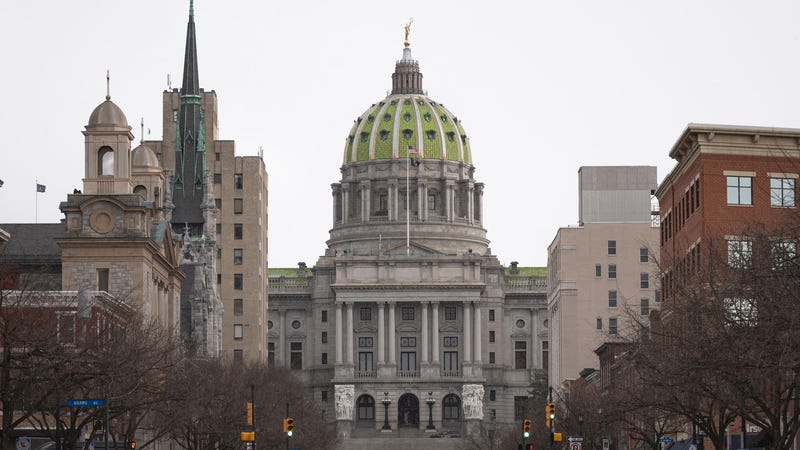
PHILADELPHIA (KYW Newsradio) — Pennsylvania’s long-running school funding trial is now in the hands of a Commonwealth Court judge.
Attorneys presented their final legal arguments on Tuesday before Judge Renée Cohn Jubelirer in the 8-year-old legal battle that could change the way Pennsylvania’s 500 school districts are funded.
The suit alleges that the method the state legislature funds K-12 education is inequitable and inadequate, forcing school districts to rely too much on local property taxes.
The case, originally filed eight years ago by six districts including the William Penn School District in Delaware County, centers on the clause in Pennsylvania’s constitution that requires the General Assembly to provide “a thorough and efficient system of public education to serve the needs of the commonwealth.”
In final legal arguments, petitioners attorney Katrina Robson said the state was failing its “thorough and efficient” mandate, with 70% of students in the plaintiff districts falling short of math proficiency standards.
”If the state is not providing the resources necessary for students to master the state’s academic standards, then its own set of benchmarks and assessments show that it’s not meeting the constitutional standard,” Robson said.
“Is the standard being met if 90% are proficient in the commonwealth, or must it be 95%? 98%?” Jubelirer asked.
Thomas DeCesar, an attorney for Senate President Pro Tempore Jake Corman, R-Bellefonte, argued the court should not consider educational outcomes because they can be influenced by factors outside of the state’s control.
“What is the goal of the system of education?” Jubelirer asked DeCesar.
“The goal of the system of public education is to serve the needs of the Commonwealth,” he replied. “And that is, we believe, determined by the General Assembly.”
The plaintiffs want the judge to order the state to develop an equitable funding plan.
Patrick Northern, an attorney representing House Speaker Bryan Cutler, R-Quarryville, argued against that remedy.
“Improving educational results in high-poverty communities can’t be accomplished, with all due respect, by a judicial decree any more than this court could sign an order ending homelessness or decreasing the current rash of violence in Philadelphia,” he said.
A ruling isn’t expected for several months. Whichever side loses will almost certainly appeal to the state Supreme Court.



